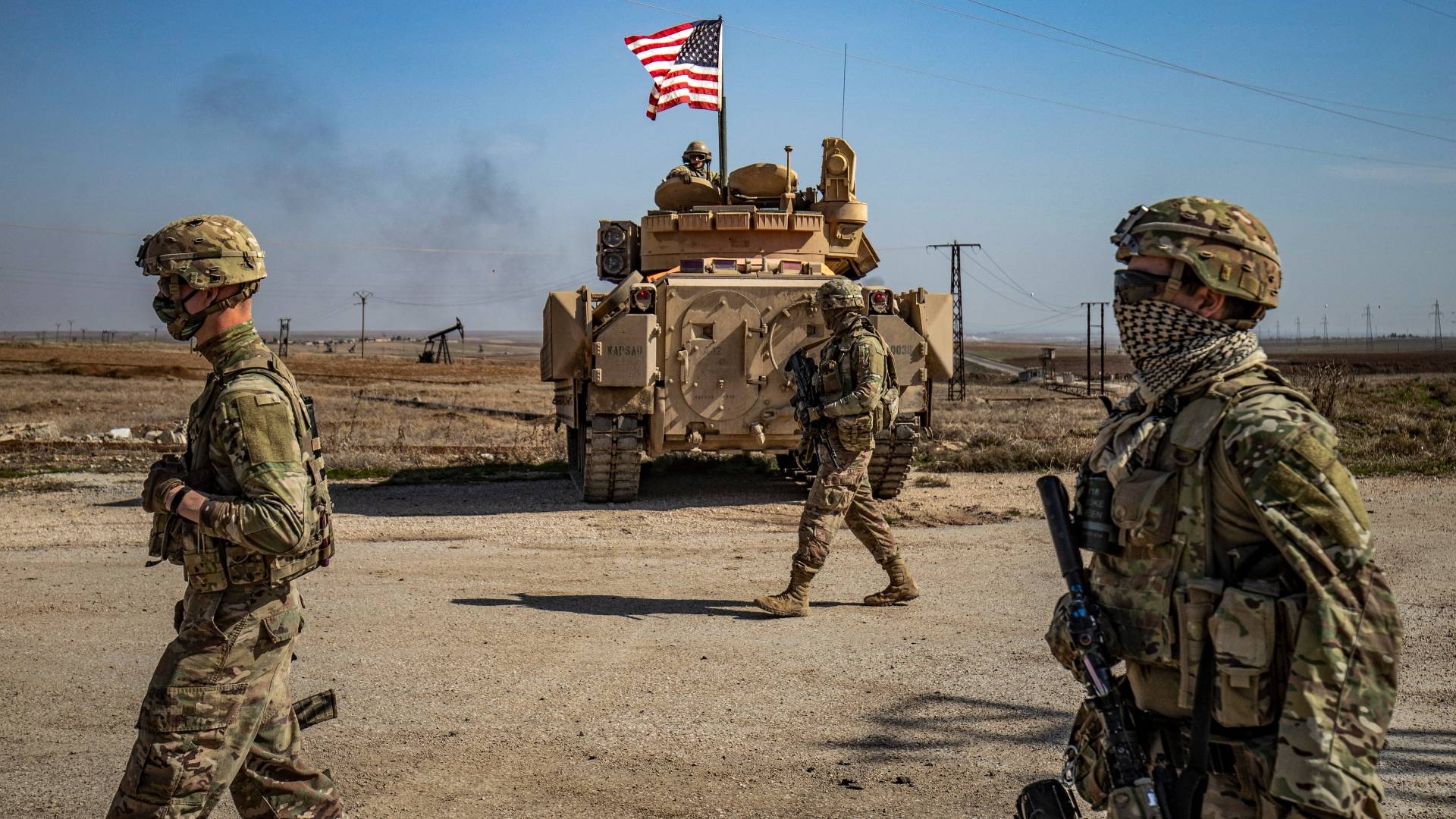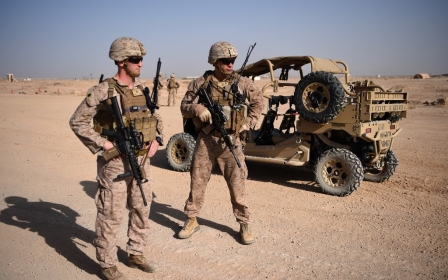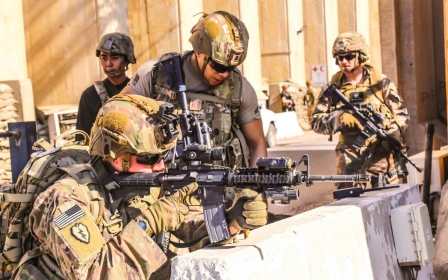US report reveals lack of transparency in counterterrorism operations

The United States has often failed to accurately describe its counterterrorism operations around the world, according to a new report from Brown University's Costs of War Project, in many cases relying on the wide-ranging 2001 Authorisation for Use of Military Force (AUMF) to formally justify its actions.
The report, published on Tuesday and using data from the Congressional Research Service, found that out of the 85 countries where the US undertook what it labelled as “counterterrorism” operations, it cited the 2001 AUMF for 22 of those countries.
However, even within those countries, there were an "unknown" number of US operations, revealing a lack of transparency over how the AUMF was used.
"Executive branch reporting to Congress in reference to the 2001 AUMF fails to specify the number of operations conducted in each of the 22 countries involved," the report said.
"In many locations of US military activities, the executive branch has inadequately described the full scope of US actions."
New MEE newsletter: Jerusalem Dispatch
Sign up to get the latest insights and analysis on Israel-Palestine, alongside Turkey Unpacked and other MEE newsletters
In one example referenced by the report, the US administration of former President Barack Obama reported in 2013 that its forces captured a member of al-Qaeda, but "made no reference to a continued US airstrike campaign, even though the US conducted three strikes against militants in Libya that same year".
The AUMF was passed just a week after 11 September 2001, and gave Bush the authority to wage war and use "appropriate force against those nations, organizations, or persons he determines" were involved in the attacks.
The open-ended and broad nature of the AUMF has allowed successive presidents to wage war against a number of groups, including al-Qaeda, the Taliban, al-Shabab, and the Islamic State (IS).
The 2001 AUMF was also used by the Obama administration to kill former al-Qaeda propagandist and US citizen Anwar al-Awlaki in 2011. It has been applied in countries including Afghanistan, Iraq, Syria, Libya, Somalia and Yemen.
The report found that the US often used vague language to describe the locations of its counterterrorism operations, and when citing the 2001 AUMF, it referenced regions, not countries, where it was operating.
It reported there was evidence that the US conducted air strikes in Mali and Tunisia, but Washington did not report them to Congress or reference the military authorisation.
“There are several cases of combat and airstrikes since 2001 that various presidents have not reported to Congress," Stephanie Savell, co-director of the Costs of War Project and author of the analysis, said in a press release.
In some cases, the US only cited the AUMF after it was revealed that its personnel were killed, such as the case in 2017 in Niger when four American service members were killed in an ambush as they attempted to carry out a raid on a militant compound.
Efforts to repeal 2001 AUMF
US President Joe Biden has openly signalled that it is "time to end the forever wars", and his administration has made several moves this year in support of this.
The US has withdrawn its troops from Afghanistan, announced that it would withdraw troops from Iraq, and has stated its goal of closing the detention centre at Guantanamo Bay by the end of the president's term in office.
The president has also backed congressional efforts to repeal the 2002 AUMF for the Iraq war, which the administration said "has outlived its usefulness and should be repealed".
Still, while the Biden administration has said it supports narrowing war authorisations, it has not been explicit about the 2001 AUMF and how it should be re-written.
Over the past two decades, there have been multiple congressional efforts to repeal the AUMF, but not one of them has proven to be successful.
In August, the House Committee on Appropriations passed an amendment introduced by Congresswoman Barbara Lee that would sunset the 2001 AUMF after a further eight months. But it is unclear whether this amendment will move forward. Similar pieces of legislation in recent years have been discarded in negotiations with the Senate.
Middle East Eye delivers independent and unrivalled coverage and analysis of the Middle East, North Africa and beyond. To learn more about republishing this content and the associated fees, please fill out this form. More about MEE can be found here.




